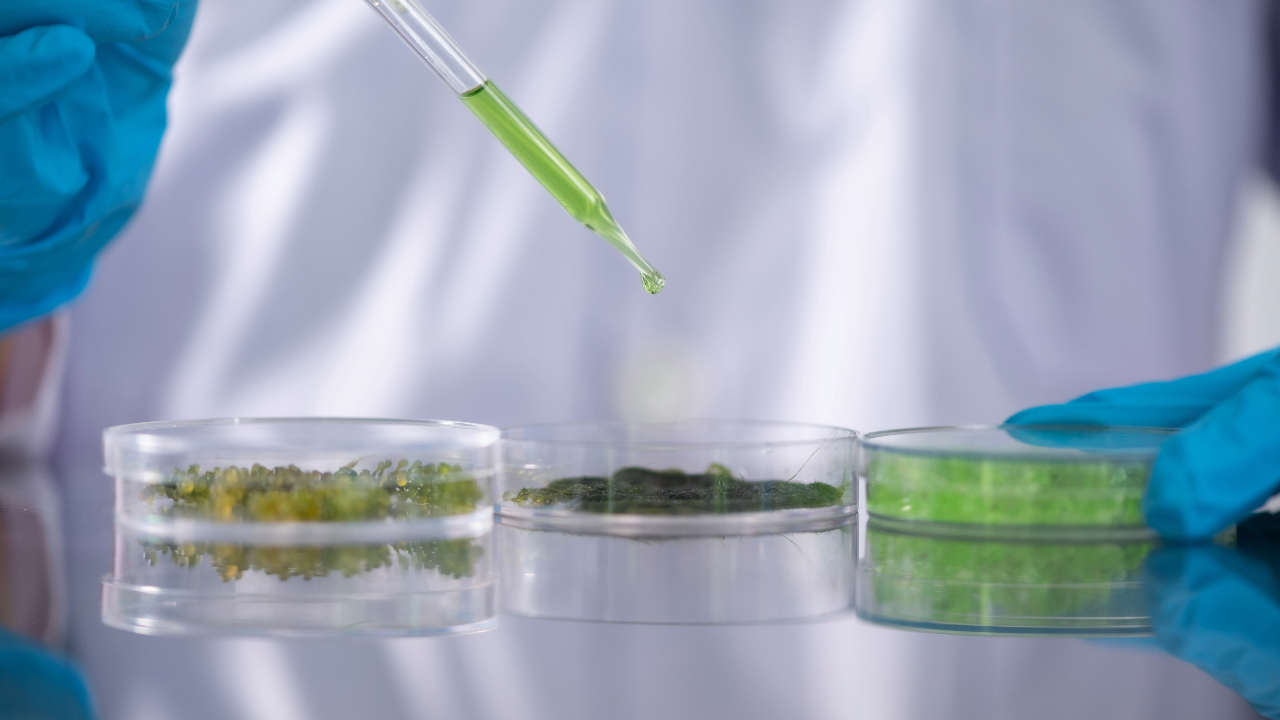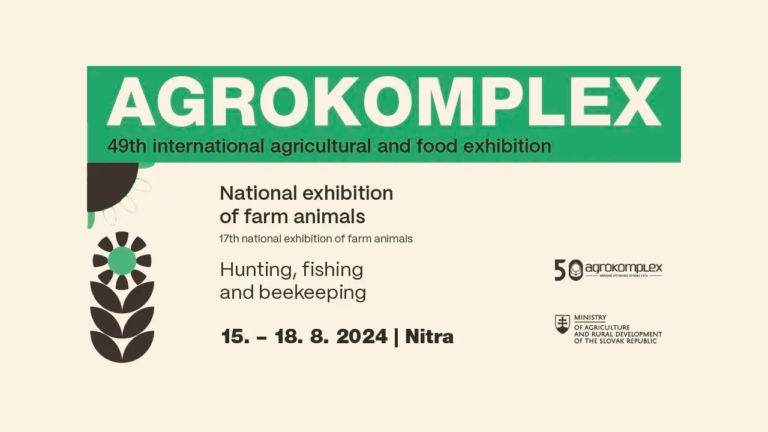The INNOAQUA Project proposes an ambitious and efficient R&I workplan to develop and mainstream several solutions for the aquaculture industry involving the use of algae.
Relying on a multidisciplinary consortium of renowned research centres, associations, and companies with high industrial presence it will:
- Demonstrate the feasibility and benefits of multi-trophic in-land cultivation management practices (i.e., integrated RAS and IMTA) enhanced by the use of the latest digital technologies;
- Contribute to the improvement of the sustainability and competitiveness of already-established value chains through the implementation of circular economy principles to minimise waste production in cultivation and processing facilities and;
- Extract high-added value ingredients from algae biomass and fish by-products to be used in the formulation of innovative seafood products, focusing from the beginning on social innovation approaches aimed at improving their societal acceptance and market penetration.
All this will be enhanced by a robust outreaching strategy aimed at fostering knowledge transfer through an active engagement of relevant European and international actors, ultimately helping to maximize the project’s scope and impact.
With the support of 17 consortium partners:
- NORCE Norwegian Research Centre (Norway)
- Viking Aqua AS (Norway)
- Marineholmen RASLab AS (Norway)
- Algemy ingredients (Spain)
- A4F-Algae for Future (Portugal)
- SEA EIGHT (Portugal)
- INESC TEC (Portugal)
- ACONDICIONAMIENTO SA (Spain)
- Eranova (France)
- Grupo Nueva Pescanova (Spain)
- Viva Maris GmbH (Germany)
- Sustainability Innovation (Spain)
- PEDAL Consulting (Slovak Republic)
- European Aquaculture Society (Belgium)
- Eco Imagination (France)
- Perseus (Belgium)
- Federal University of Rio de Janeiro (Brasil)
- Projects Blog Leitat (Spain)
With the support of:
European Commission
(Views and opinions expressed are however those of the author(s) only and do not necessarily reflect those of the European Union or the European Research Executive Agency. Neither the European Union nor the granting authority can be held responsible for them.)



